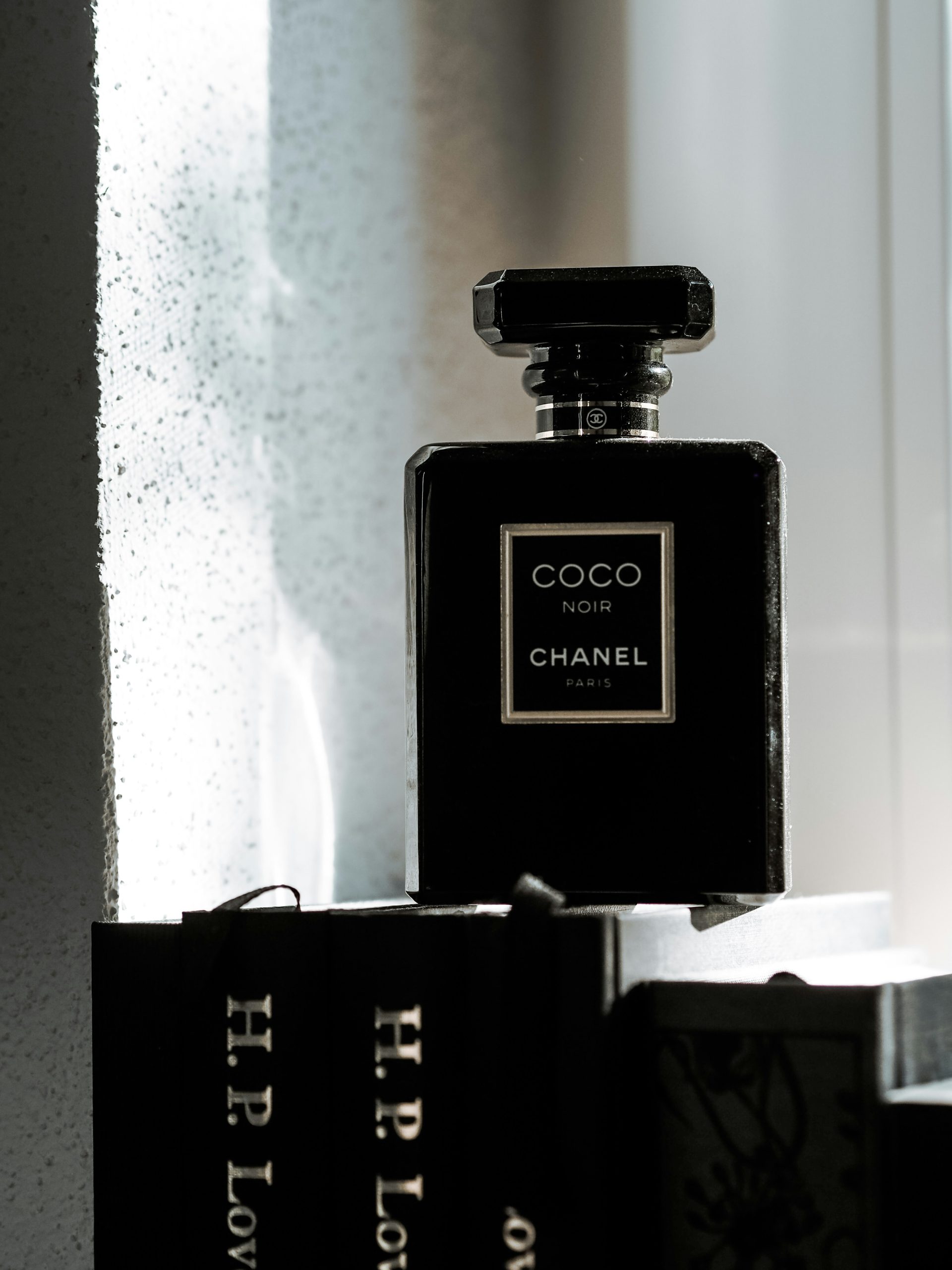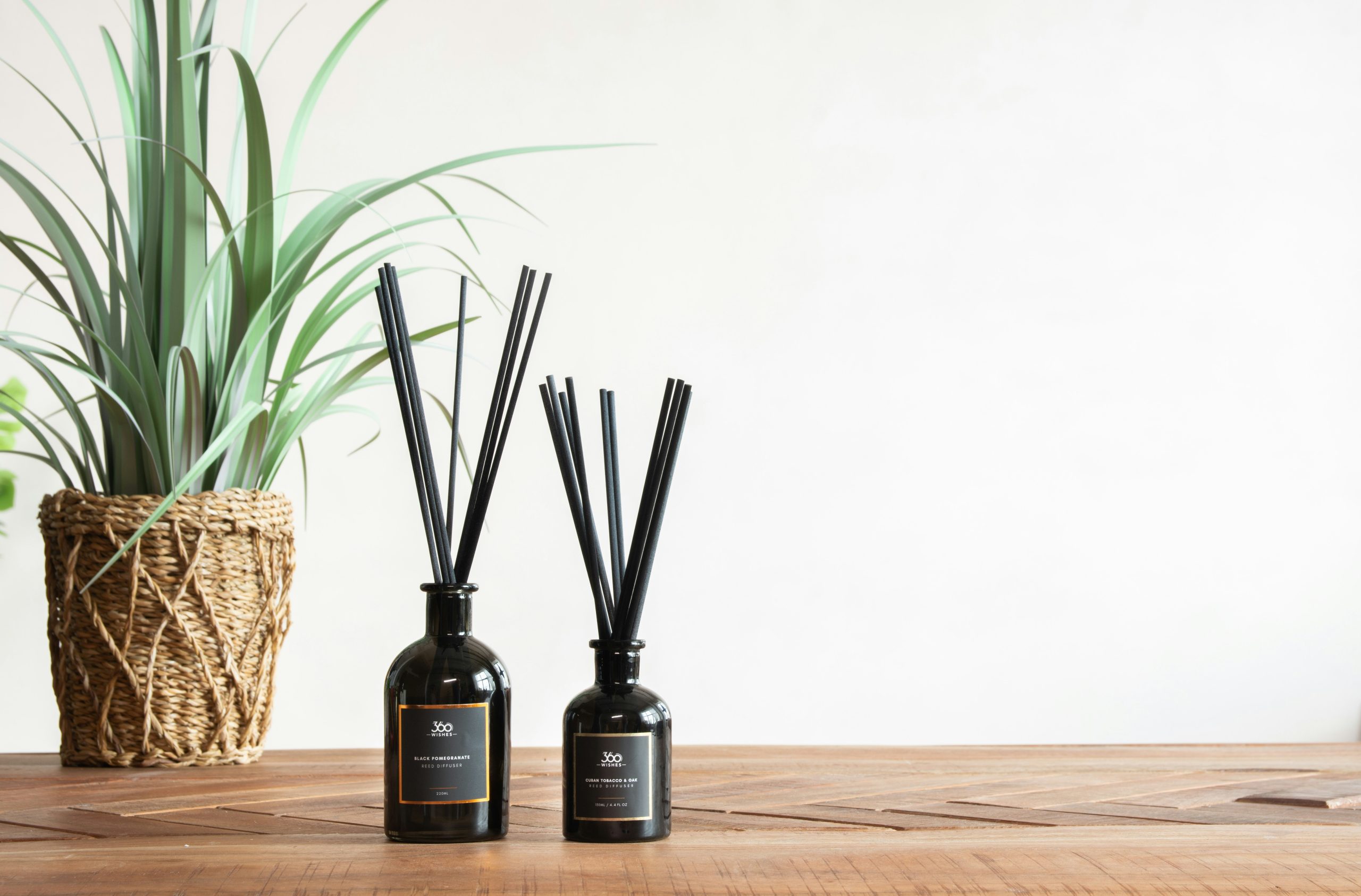What fragrance oils are recommended for soap making?
Are you ready to dive into the delightful world of soap making? If so, fragrance oils are your best friend. These magical potions can transform a simple bar of soap into an aromatic masterpiece. Whether you’re creating luxurious gifts or launching your own skincare line, the right scent can elevate your creations from ordinary to extraordinary.
Navigating the vast array of options may seem daunting at first. Don’t worry; we’re here to help you explore everything from essential oils to synthetic fragrances. Let’s embark on this scented journey together and discover what fragrance oil for soap making will make your heart sing!
Understanding Fragrance Oils for Soap Making
Fragrance oils are the soul of soap making, bringing life and personality to your creations. These concentrated aromatic compounds can be derived from natural sources or synthesized in a lab. Their versatility opens up endless possibilities for unique scents.
When selecting fragrance oils, it’s essential to consider their profile and how they interact with different soap bases. Some fragrances may behave differently during the saponification process, affecting scent retention and appearance.
Understanding the difference between top notes, middle notes, and base notes is crucial as well. Top notes provide that initial burst of aroma but fade quickly. In contrast, base notes linger longer, creating lasting impressions on your skin.
Experimenting with various blends can lead to exciting discoveries. You might find a perfect combination that reflects your style and vision for each batch of soap you craft!
Choosing the Right Fragrance Oil for Your Soap
Choosing the right fragrance oil for your soap is a vital step in the crafting process. It can influence not only the aroma but also the overall experience of using your soap.
Consider your target audience. Are you making products for relaxation or energizing scents? Understanding who will use your soap helps narrow down choices.
Next, think about scent strength and longevity. Some fragrance oils have a powerful throw while others are more subtle. You’ll want to balance these characteristics with how they blend into your formulation.
Don’t forget to check compatibility with different bases, whether you’re working with melt-and-pour or cold process methods. Testing small batches can help gauge how well each fragrance performs after curing.
Trust your instincts; pick scents that inspire you creatively and resonate personally. Your passion will shine through in every bar produced.
Essential Oils vs. Synthetic Fragrance Oils
Essential oils and synthetic fragrance oils serve different purposes in soap making. Essential oils come fragrance oil for soap making from natural plant sources, capturing the essence of herbs, flowers, and fruits. They offer therapeutic benefits alongside their delightful scents.
On the other hand, synthetic fragrance oils are man-made and often crafted to mimic various aromas. These can provide a wider range of scent options that might not be available naturally.
When choosing between them, consider your audience’s preferences. Some people lean towards all-natural products while others enjoy bold, complex scents created by synthetics.
It’s also important to note fragrance oil for air freshener that essential oils tend to have stronger therapeutic properties but may fade faster in certain soaps compared to well-crafted synthetic fragrances. Each option has its unique charm; it just depends on what you’re aiming for with your soap creations.
Top Recommended Fragrance Oils for Soap Making
When it comes to selecting fragrance oil for soap making, a few crowd favorites consistently stand out. Lavender is beloved for its calming properties and floral notes, making it ideal for relaxation-focused soaps.
Citrus scents like lemon and orange are uplifting, providing an energizing burst of freshness that many enjoy in their morning routines.
For those who crave warmth, vanilla offers cozy undertones that mix beautifully with other fragrances or shine on their own.
Floral blends such as rose and jasmine add elegance to your creations and evoke feelings of luxury.
Don’t overlook seasonal options! Pumpkin spice brings autumn vibes while peppermint can invigorate during the winter months.
Choosing the right fragrance will depend on your target audience and personal preferences but exploring these recommended oils can help you create memorable products.
Tips and Tricks for Working with Fragrance Oils
When working with fragrance oils, always start by measuring accurately. This ensures that your soap maintains a consistent scent strength.
Temperature plays a crucial role in the process. Adding fragrance oil at the right temperature can enhance its performance and longevity in your soap.
Mixing methods matter too. Stir gently to avoid creating air bubbles, which can affect the texture of your final product.
Consider blending different fragrances for unique combinations. Experimentation is key—don’t hesitate to try new pairings until you find something extraordinary.
Always perform a small test batch first. This way, you can see how the scents behave during saponification without risking an entire batch.
Keep records of your formulations. Not only does this help replicate successful scents later on but it also aids in troubleshooting any issues that may arise during production.
The Importance of Quality and Safety in Using Fragrance Oils
When it comes to fragrance oils for soap making, quality is non-negotiable. Low-quality oils can contain harmful chemicals that not only affect the scent but may also irritate the skin. Always choose products from reputable suppliers who provide detailed ingredient lists.
Safety should never be taken lightly in any crafting endeavor. Fragrance oils are concentrated blends, and some can trigger allergic reactions or sensitivities. It’s essential to conduct a patch test on your skin before incorporating them into your soap.
Moreover, understanding proper usage rates is crucial. Using too much fragrance oil can lead to unsatisfactory results and even compromise the integrity of your soap.
Opting for high-quality fragrance oils ensures a beautiful outcome while maintaining safety standards for you and your customers. Prioritizing these factors sets the foundation for successful soap-making experiences every time.
Conclusion: Finding Your Perfect Scent for Soap Making
Finding the right fragrance oil for soap making is an exciting journey. It allows you to express your creativity and craft products that resonate with your personal style or brand identity. With countless options available, it’s essential to consider what appeals to you and your target audience.
Experimenting with different fragrance oils can lead to delightful discoveries. Whether you lean towards invigorating citrus scents or soothing florals, each choice adds a unique touch to your creations. Remember the balance between scent strength and skin safety as you explore various formulations.
Quality matters when selecting fragrance oils; always opt for reputable suppliers who prioritize safety standards. This ensures that not only will your soaps smell fantastic but will also be gentle on the skin.
As you refine your soap-making skills, don’t hesitate to document which fragrances resonate best with you. Over time, you’ll develop a signature scent profile that makes your products stand out in a crowded market.
Embrace the process of finding fragrances that inspire joy and satisfaction in both yourself and those who use your soaps. The world of fragrance oils is vast—let it guide you toward crafting truly memorable experiences through handmade soap.







